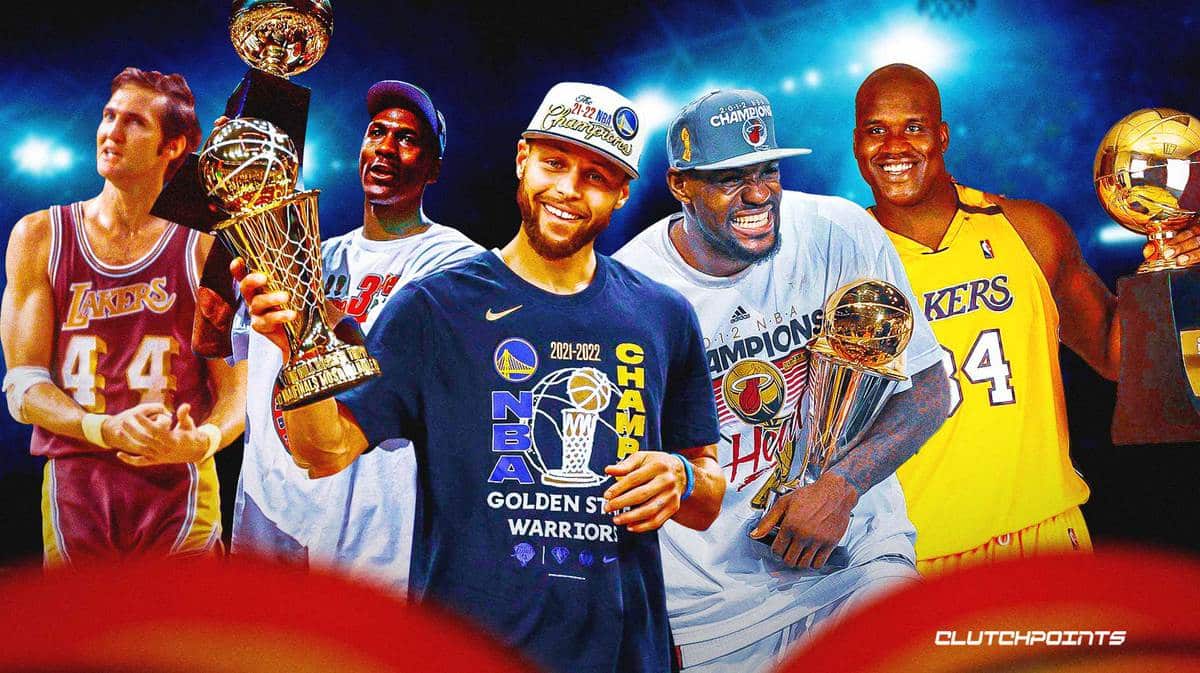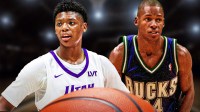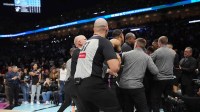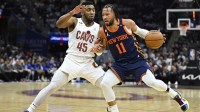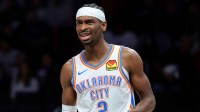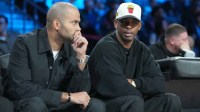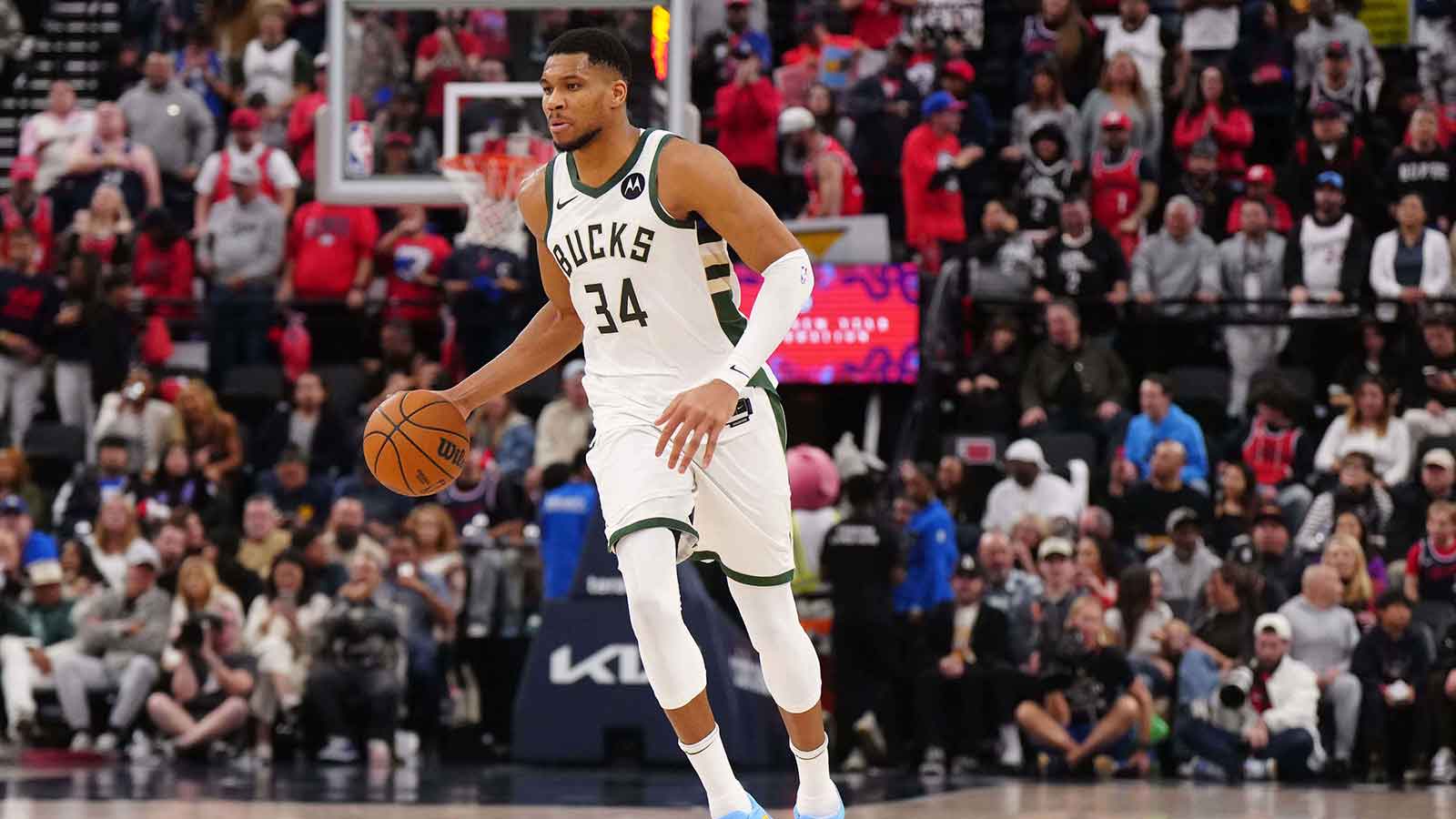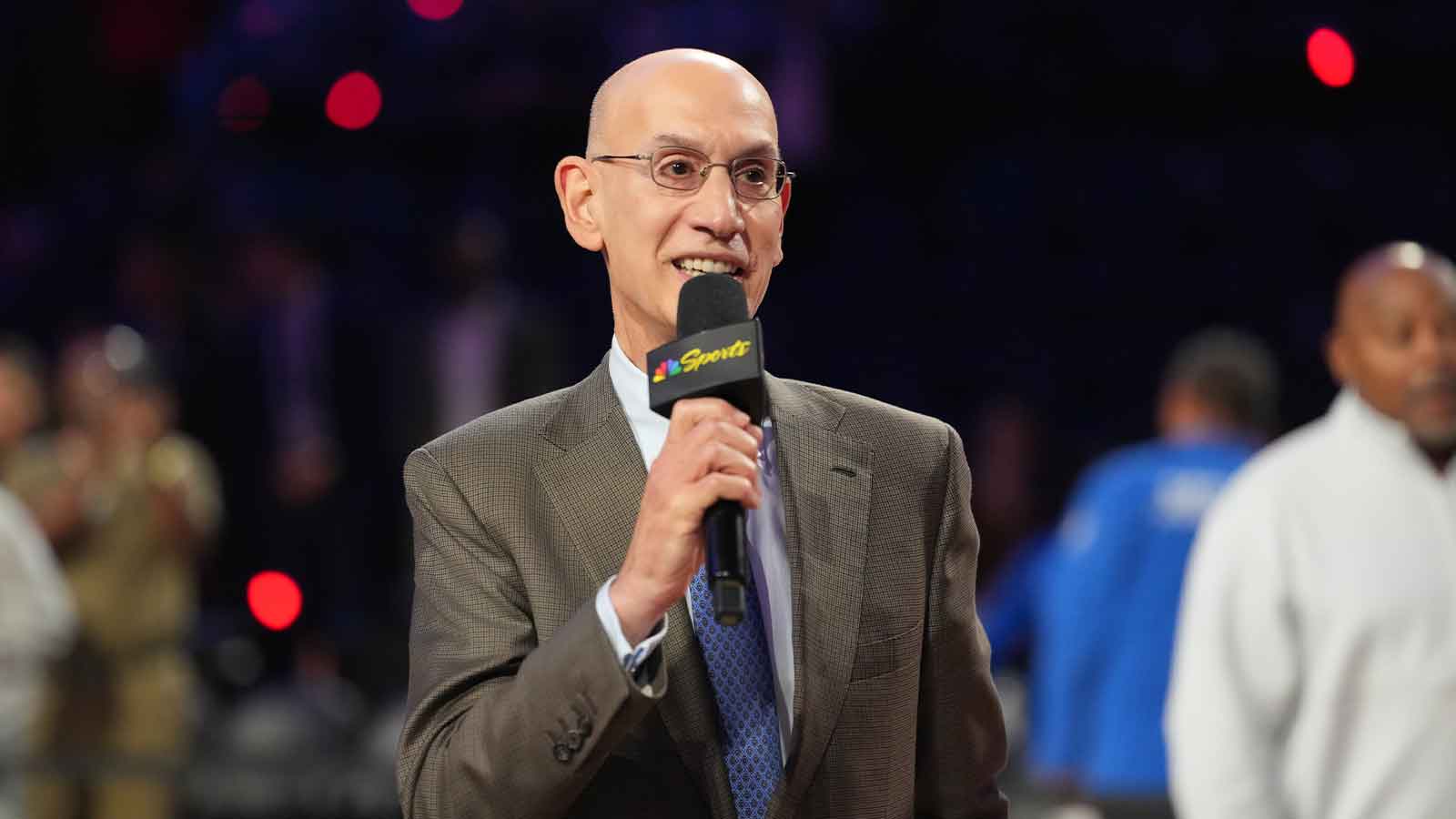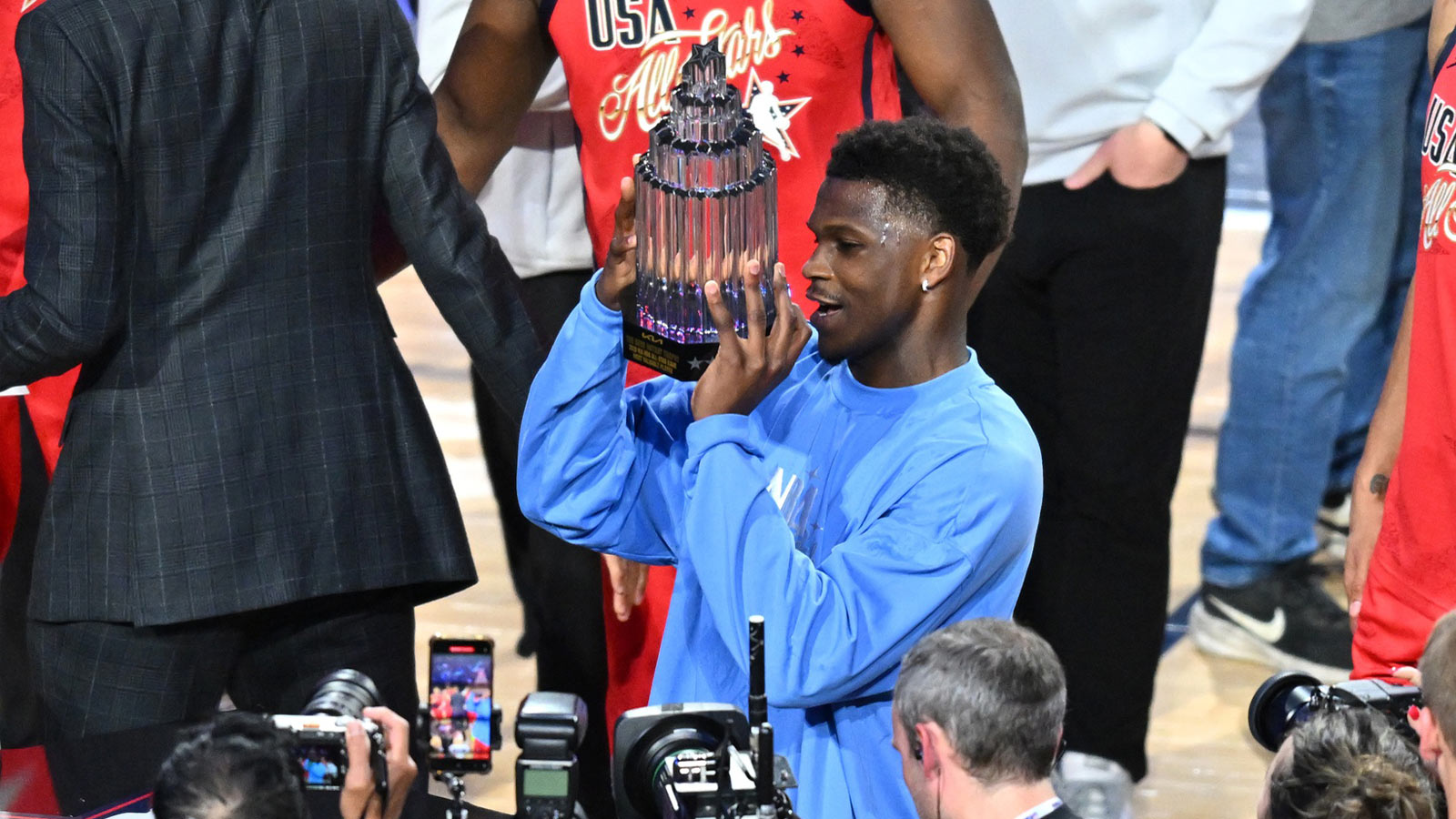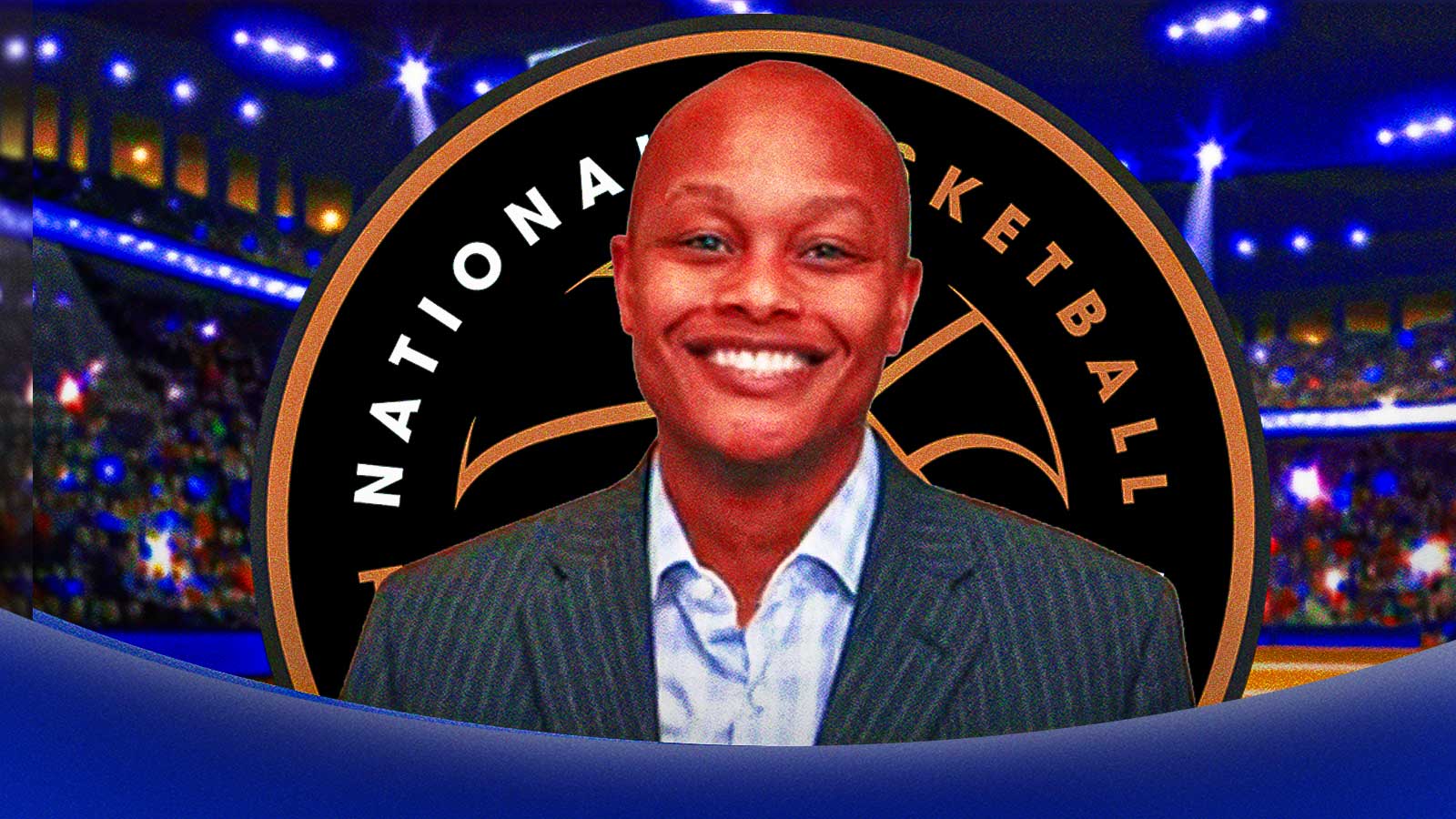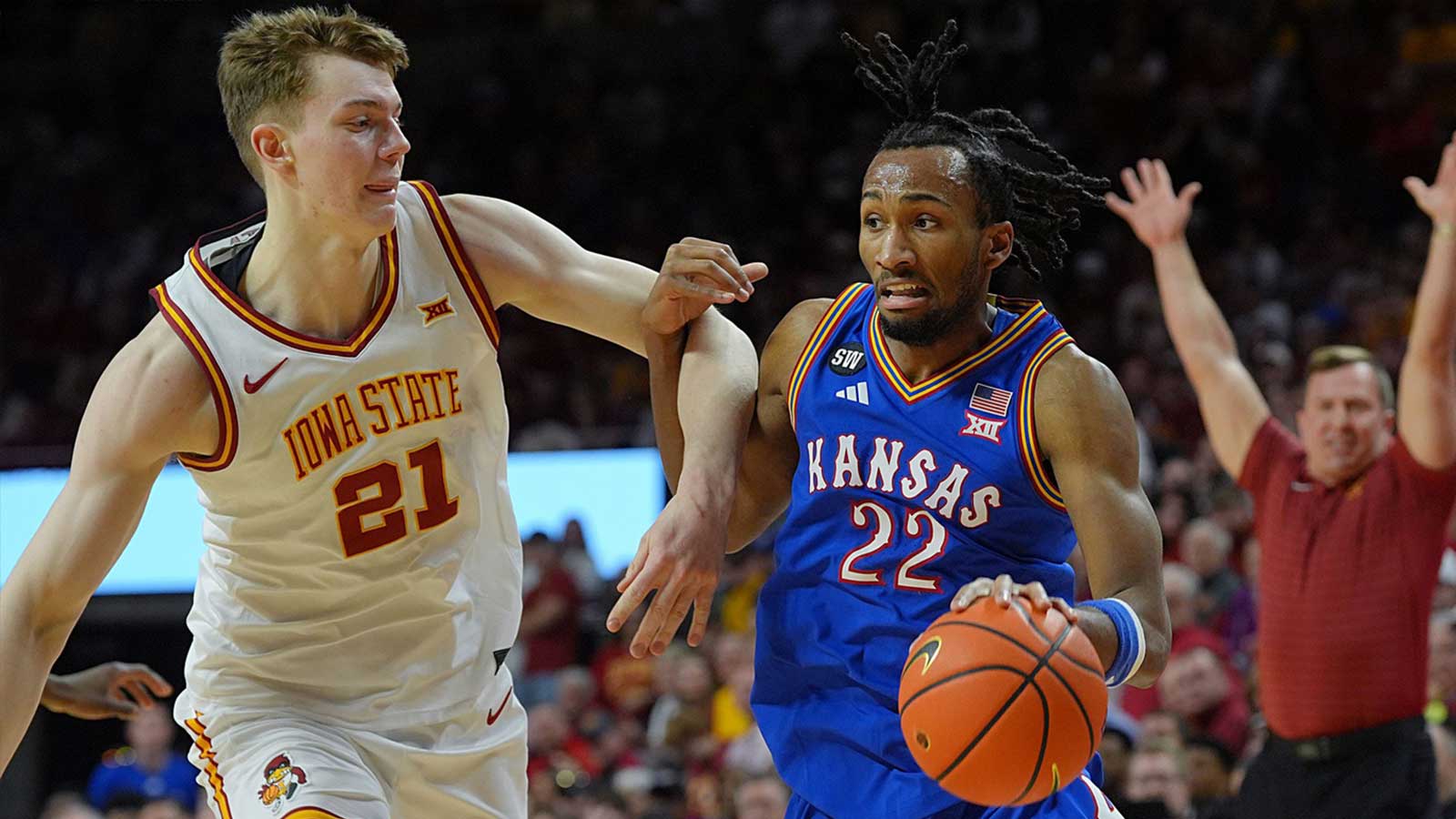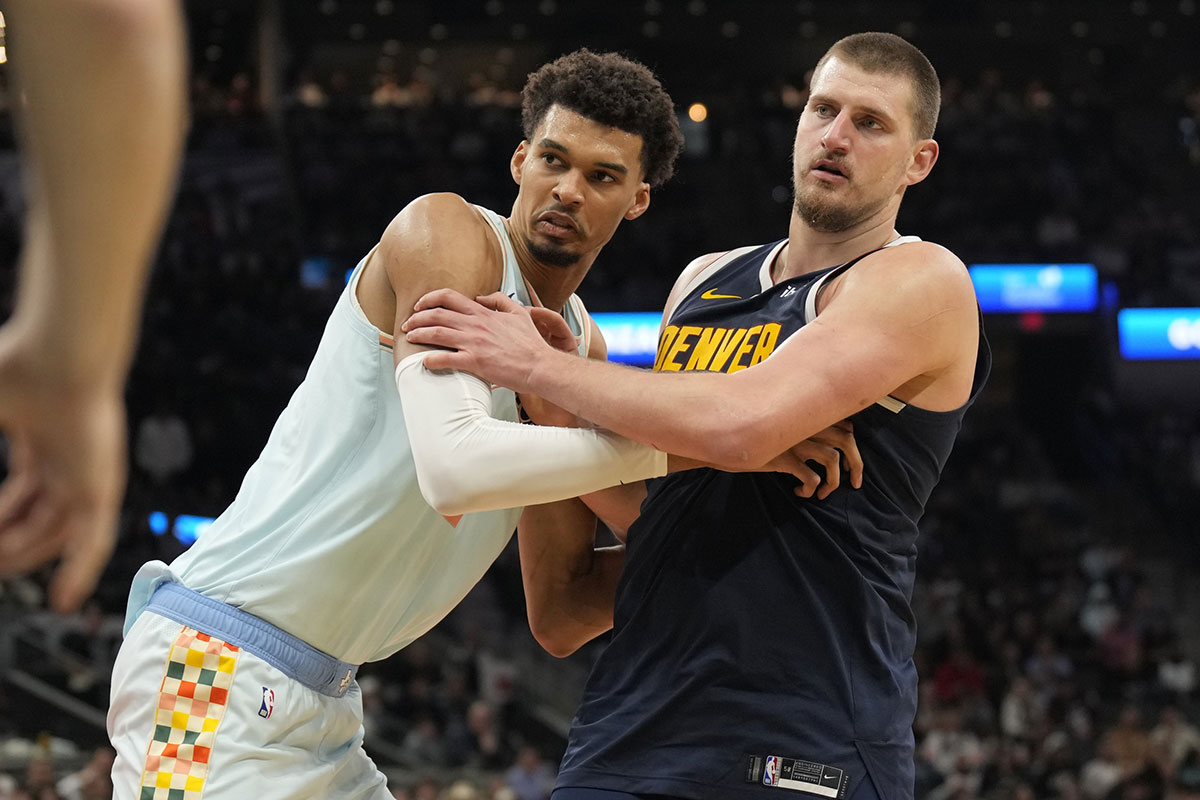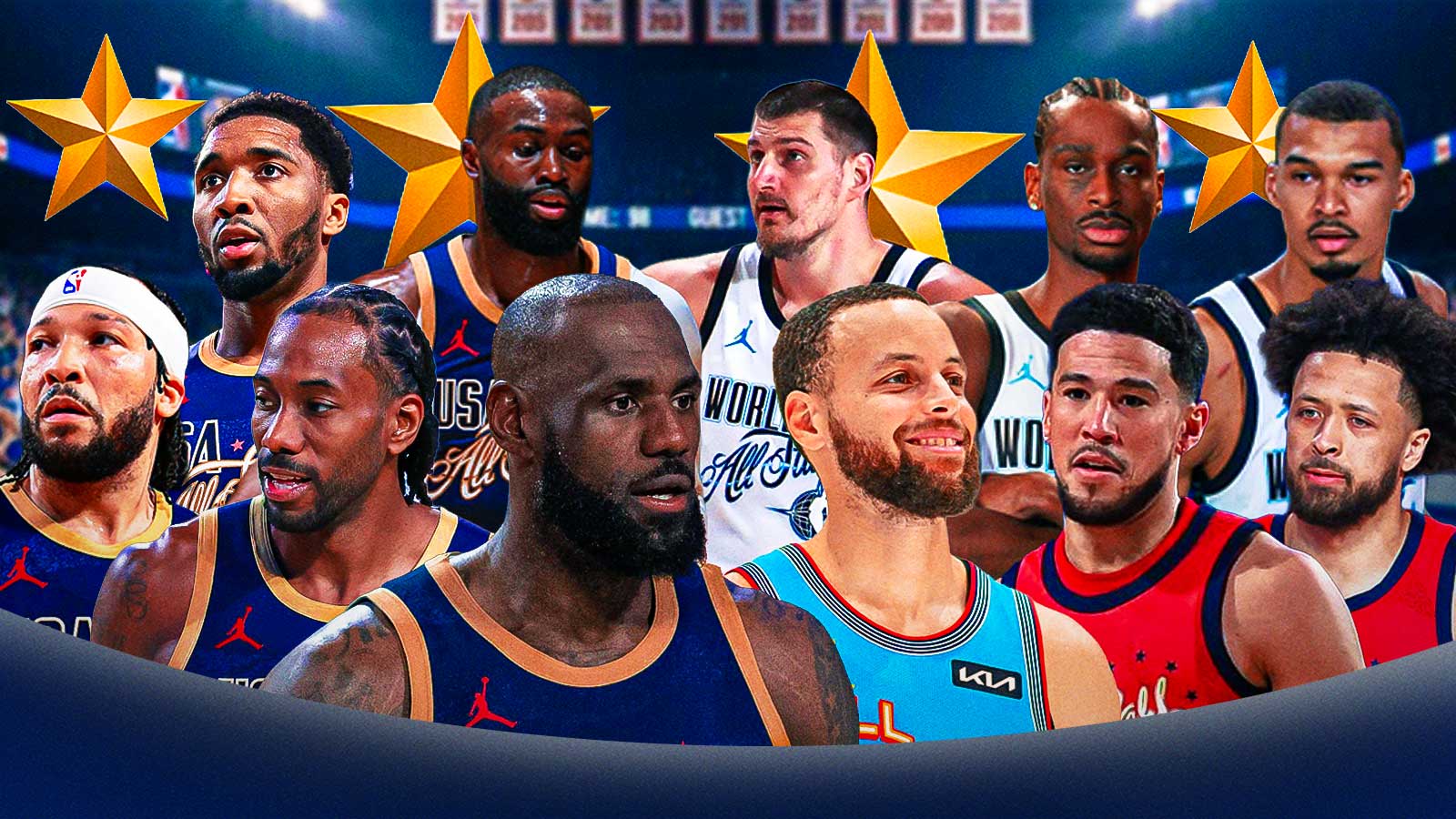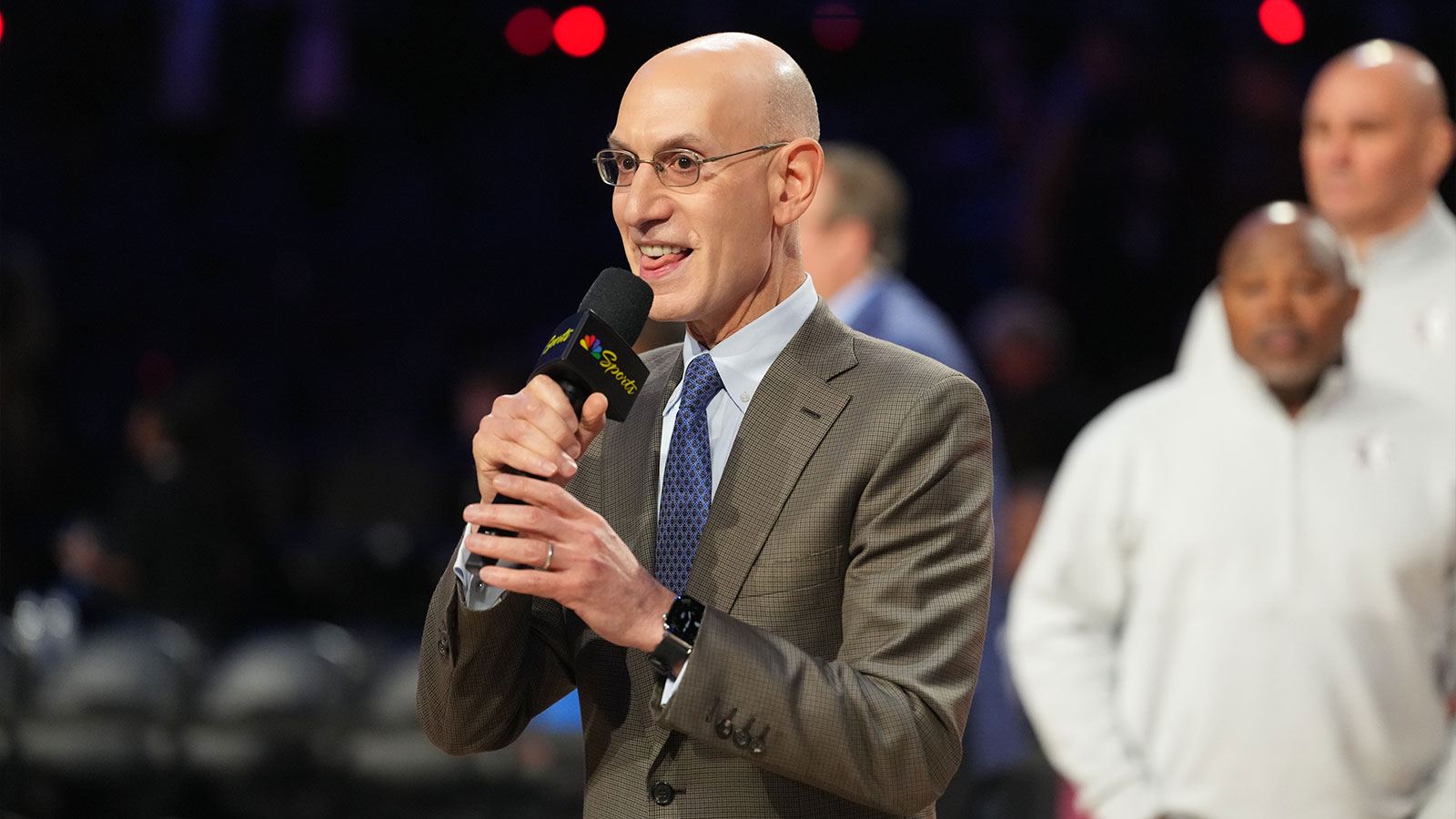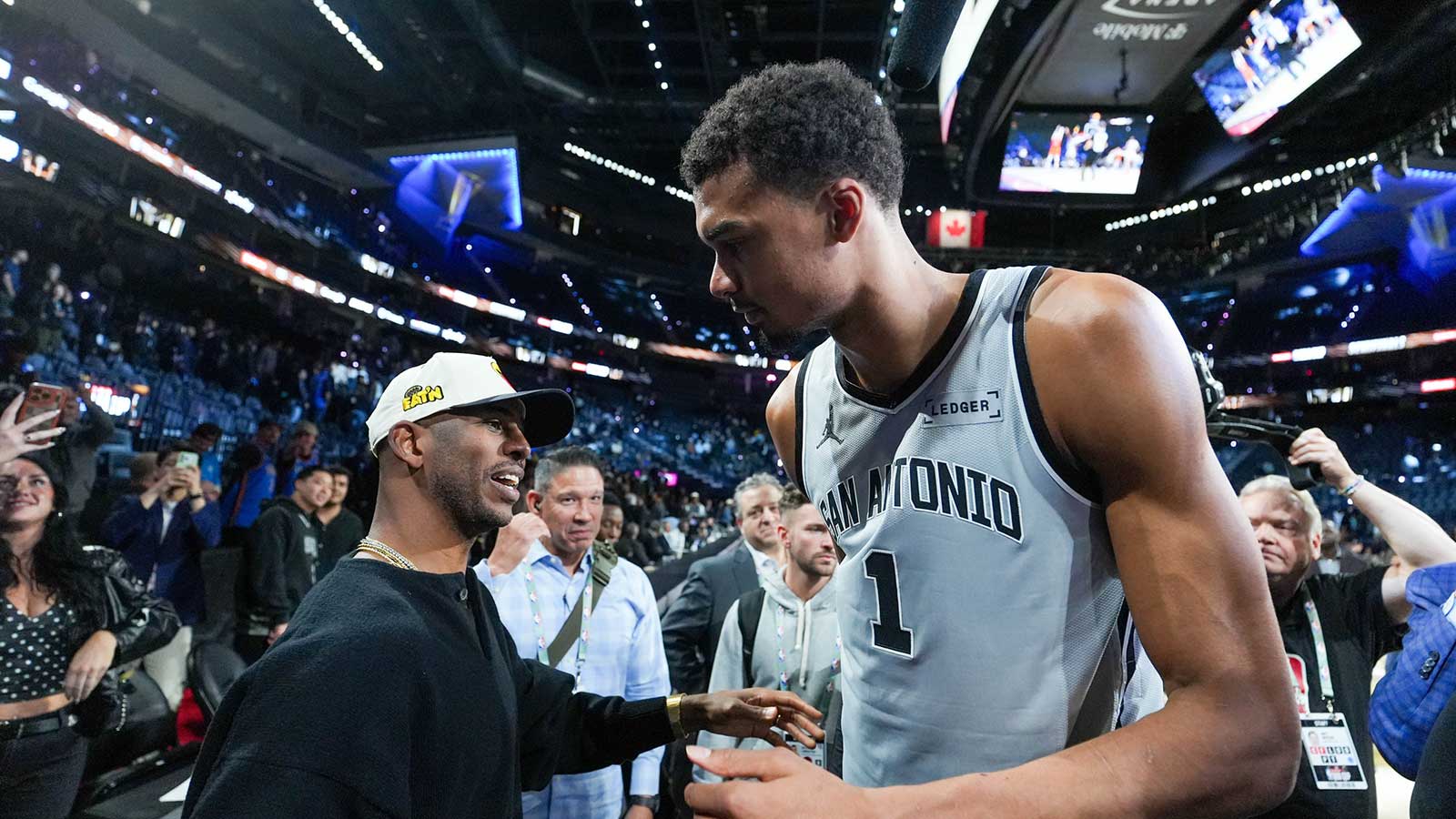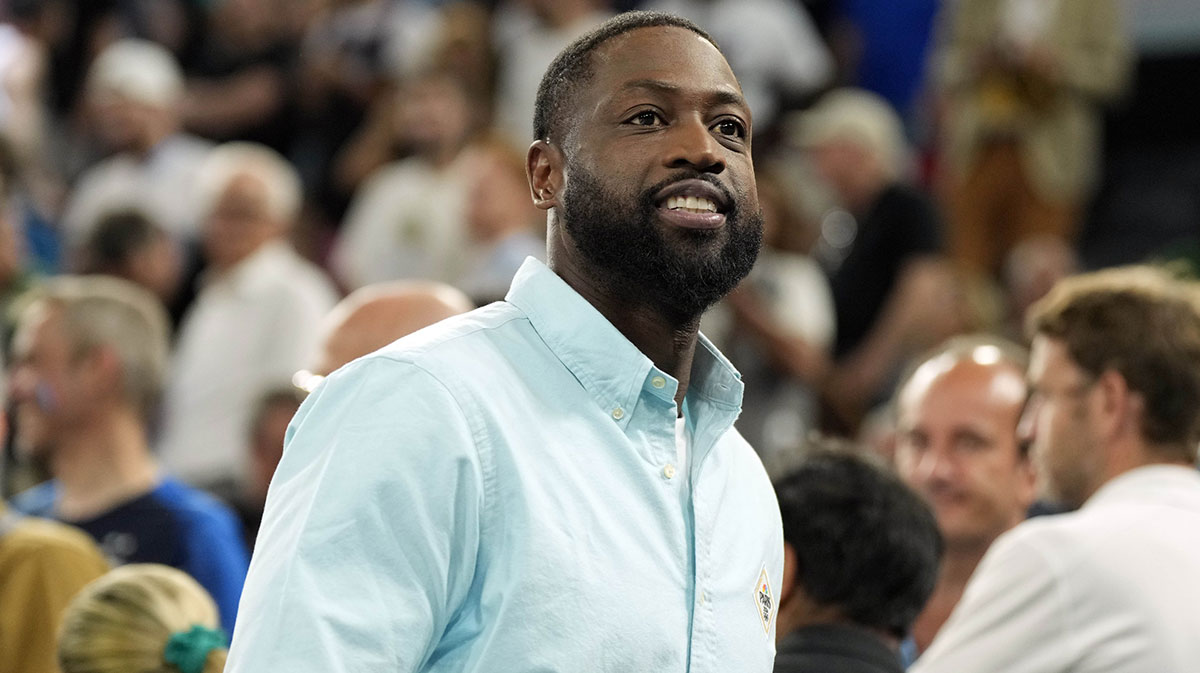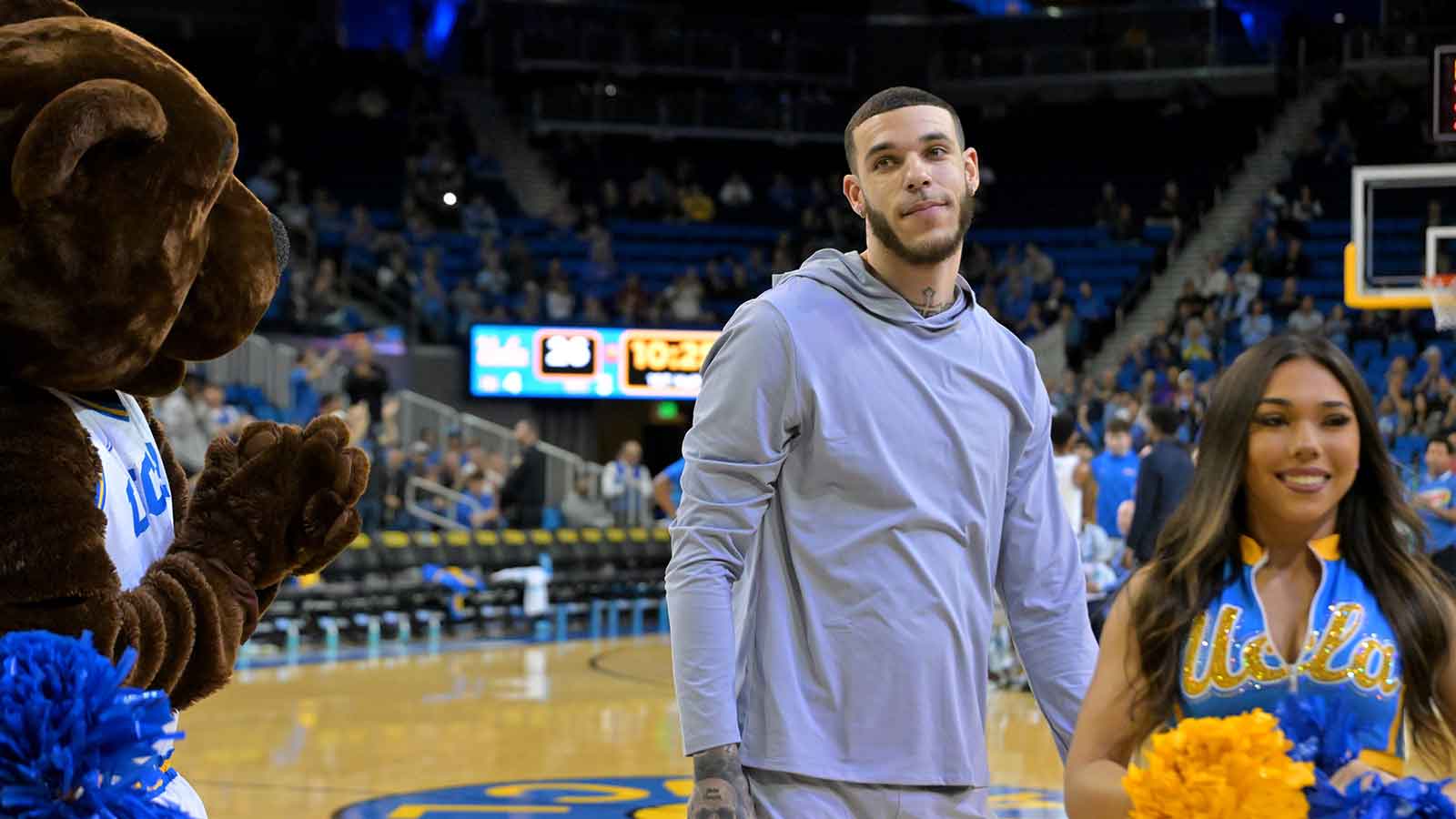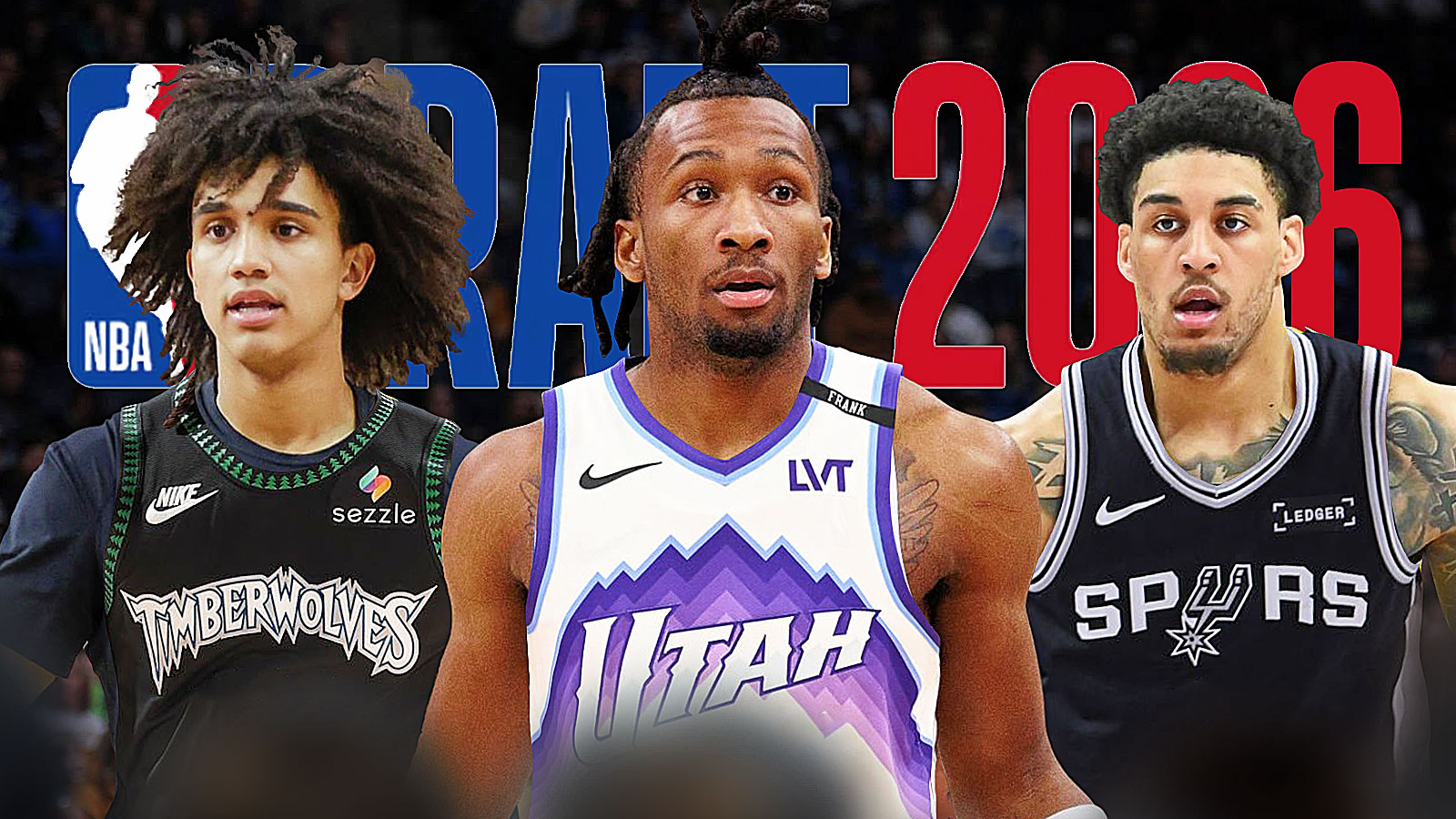Winning the NBA Finals MVP is simply gravy for anyone's career. After all, doing so has usually meant that one's team has emerged victorious, achieving the pinnacle of team success. And for members of the Dallas Mavericks and Boston Celtics organizations, it's hard to envision anyone caring too much about who lifts the Finals MVP trophy in the end, as long as one of theirs gets to do so.
Jayson Tatum and Luka Doncic, to no one's surprise, are the two frontrunners to take home the coveted accolade this year. Nikola Jokic had an incredibly dominant playoff run last year and won the award.
In the end, whoever gets to hoist the Bill Russell NBA Finals MVP award this year will join an exclusive list of legends who have reserved their best performances for when the lights are at their brightest.
Listed below are all the winners of the coveted Finals MVP award, spanning all the way from Jokic's breakthrough in 2023 to Jerry West's heartbreak in 1969.
2023: Nikola Jokic, Denver Nuggets
Nikola Jokic had a historic run in the 2023 playoffs en route to brining the Nuggets their first championship. He was awarded the Bill Russell NBA Finals MVP award after averaging 30.2 points, 14 rebounds, and 7.2 assists per game. As a part of the performance, Jokic became the first player to ever lead the postseason in total points, rebounds, and assists. He truly did it all for Denver and was more than worthy of brining home the most prestigious award in basketball.
2022: Stephen Curry, Golden State Warriors
Stephen Curry's detractors held the fact that he hadn't won an NBA Finals MVP yet against him. But in 2022, Curry finally squashed that noise. He had an amazing series, and it was in Game 4 when he put up arguably the greatest performance of his career when he snatched the Boston Celtics' hearts.
2021: Giannis Antetokounmpo, Milwaukee Bucks
A game-saving block in Game 4 against Deandre Ayton. A game-sealing dunk in Game 5 off the biggest steal of Jrue Holiday's career. And then a 50-point performance in Game 6 to complete the Bucks' comeback from 2-0 down. Giannis Antetokounmpo had one of the most memorable three-game stretches in NBA Finals history, forever cementing his legacy as one of the best to ever touch a basketball.
2020: LeBron James, Los Angeles Lakers
Fans may call winning it all in 2020 a Mickey Mouse ring for the Lakers, but make no mistake about it: LeBron James' mental fortitude and resiliency amidst tough global circumstances makes winning a championship in 2020 one of the most difficult feats he's pulled off in his career.
2019: Kawhi Leonard, Toronto Raptors
Kawhi Leonard, when healthy, is one of the greatest playoff performers in NBA history. And in 2019, he stayed healthy for an entire playoff run, helping the Raptors get over the hump that's been in front of them for the past five years.
2018: Kevin Durant, Golden State Warriors
Kevin Durant was the game-changing presence that made the Warriors such an unstoppable force, and his second Finals MVP is a testament to that.
2017: Kevin Durant, Golden State Warriors
Fit concerns, what fit concerns? Kevin Durant fit in like a glove in his first season with the Warriors, helping them cruise to a 16-1 postseason to avenge their loss against the Cleveland Cavaliers during the 2016 NBA Finals.
2016: LeBron James, Cleveland Cavaliers
LeBron James led the Cavs to the greatest 3-1 comeback in NBA history. Enough said.
2015: Andre Iguodala, Golden State Warriors
Putting Andre Iguodala in the starting lineup proved to be a game-changing decision for the Warriors, but in the end, Stephen Curry's sustained excellence makes him the more deserving 2015 NBA Finals MVP winner, narrative be damned.
2014: Kawhi Leonard, San Antonio Spurs
The beginning of Kawhi Leonard's ascent into superstardom, it's rare for anyone in the NBA to instill some sense of dread in LeBron James' eyes. But Leonard did.
2013: LeBron James, Miami Heat
2012: LeBron James, Miami Heat
Plagued by ringless jokes since the mid-2000s, LeBron James finally broke through in 2012. He may not have led the Heat to eight championships like he insinuated he would, but winning two ain't that bad.
2011: Dirk Nowitzki, Dallas Mavericks
The culmination of one of the greatest playoff runs of all time, Dirk Nowitzki finally shed the choker label for good after leading the Mavs to a championship win over the heavily-favored Heat.
2010: Kobe Bryant, Los Angeles Lakers
2009: Kobe Bryant, Los Angeles Lakers
Winning two NBA Finals MVPs as the Lakers' undisputed best player put Kobe Bryant in even more rarefied air, proving that he wasn't just carried to a ring by his old frenemy Shaq.
2008: Paul Pierce, Boston Celtics
Winning the 2008 Finals MVP is a culmination of all of Paul Pierce's patience as he stayed with the Celtics amid their rebuild in the early 2000s.
2007: Tony Parker, San Antonio Spurs
It was time for a new NBA Finals MVP for the Spurs, I suppose, as voters decided to award Tony Parker instead of Tim Duncan, who was his usual excellent two-way self.
2006: Dwyane Wade, Miami Heat
Dwyane Wade can only laugh at those who call him a free-throw merchant after he led the Heat to a spirited comeback over the Mavs from 2-0 down.
2005: Tim Duncan, San Antonio Spurs
2004: Chauncey Billups, Detroit Pistons
The best player of perhaps the most unlikely championship team of all time, Chauncey Billups cemented his legacy as Mr. Big Shot with his vast array of clutch displays in 2004.
2003: Tim Duncan, San Antonio Spurs
2002: Shaquille O’Neal, Los Angeles Lakers
2001: Shaquille O’Neal, Los Angeles Lakers
2000: Shaquille O’Neal, Los Angeles Lakers
Only Michael Jordan won three straight Finals MVPs other than Shaquille O'Neal. Of course, it's a testament to their teams' brilliance, but their teams certainly would not have been as brilliant as they were if it weren't for their services.
1999: Tim Duncan, San Antonio Spurs
The Spurs lucked into Tim Duncan by being terrible during the season in which he was the prize of the NBA Draft. Less than two years after drafting Duncan, the Spurs already reaped the benefits of their opportunistic tanking.
1998: Michael Jordan, Chicago Bulls
1997: Michael Jordan, Chicago Bulls
1996: Michael Jordan, Chicago Bulls
Some may argue that the league's vast expansion had diluted the talent pool of the league so much, making it easy for Michael Jordan to win another three-peat after he had already retired back in 1993. Still: winning a championship, much less three, is insanely difficult, and yet Jordan made it look easy.
1995: Hakeem Olajuwon, Houston Rockets
1994: Hakeem Olajuwon, Houston Rockets
Sure, Michael Jordan wasn't in the league. But Hakeem Olajuwon could not care less, as he finally broke through after a decade in the NBA.
1993: Michael Jordan, Chicago Bulls
1992: Michael Jordan, Chicago Bulls
1991: Michael Jordan, Chicago Bulls
Michael Jordan was already blossoming into one of the greatest players in NBA history in the late 1980s. But he kept on running into the Bad Boys Pistons. But in 1991, Jordan finally got over the hump, and once he did, there was no stopping arguably the greatest to ever play the game.
1990: Isiah Thomas, Detroit Pistons
1989: Joe Dumars, Detroit Pistons
If Michael Jordan has the Pistons to thank for facilitating his growth into the monster he became in the 1990s, the Pistons will have the Lakers and Celtics to thank — culminating in two Finals MVPs that celebrate the greatness of the Bad Boys Pistons' backcourt.
1988: James Worthy, Los Angeles Lakers
1987: Magic Johnson, Los Angeles Lakers
1986: Larry Bird, Boston Celtics
1985: Kareem Abdul-Jabbar, Los Angeles Lakers
1984: Larry Bird, Boston Celtics
1983: Moses Malone, Philadelphia 76ers
1982: Magic Johnson, Los Angeles Lakers
1981: Cedric Maxwell, Boston Celtics
1980: Magic Johnson, Los Angeles Lakers
1979: Dennis Johnson, Seattle SuperSonics
1978: Wes Unseld, Washington Bullets
1977: Bill Walton, Portland Trail Blazers
1976: Jo Jo White, Boston Celtics
1975: Rick Barry, Golden State Warriors
1974: John Havlicek, Boston Celtics
1973: Willis Reed, New York Knicks
1972: Wilt Chamberlain, Los Angeles Lakers
1971: Kareem Abdul-Jabbar, Milwaukee Bucks
1970: Willis Reed, New York Knicks
1969: Jerry West, Los Angeles Lakers
The first and only time that a player from the losing team has won Finals MVP, Jerry West put up quite the fight during the Lakers' seven-game series defeat against the Boston Celtics. He averaged 37.9 points and 7.4 assists, which is simply incredible given the quality of the opposition.

